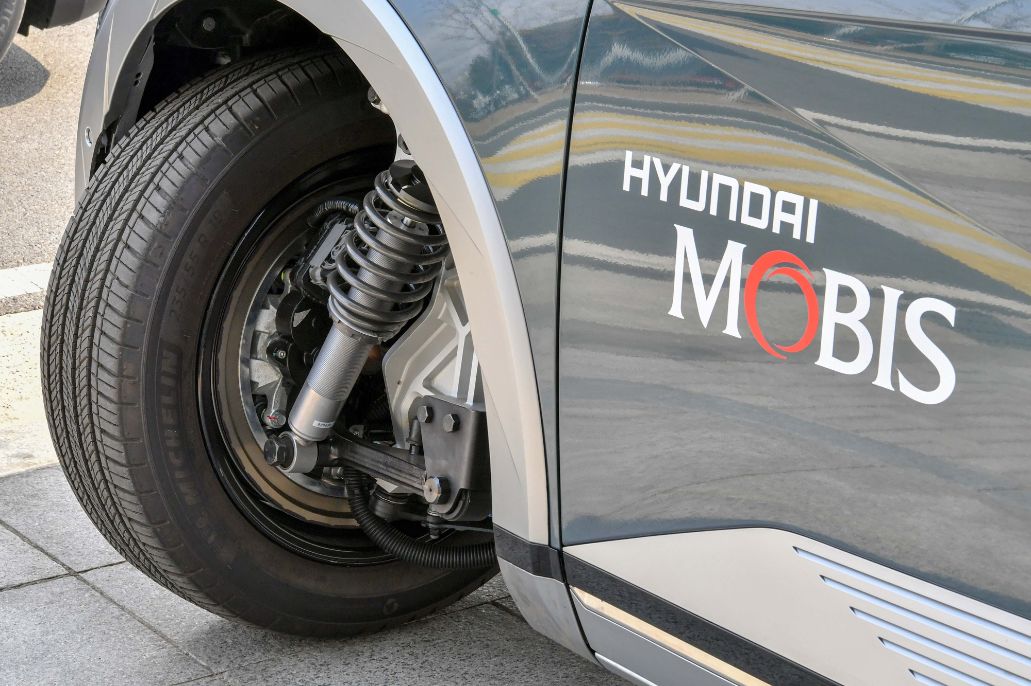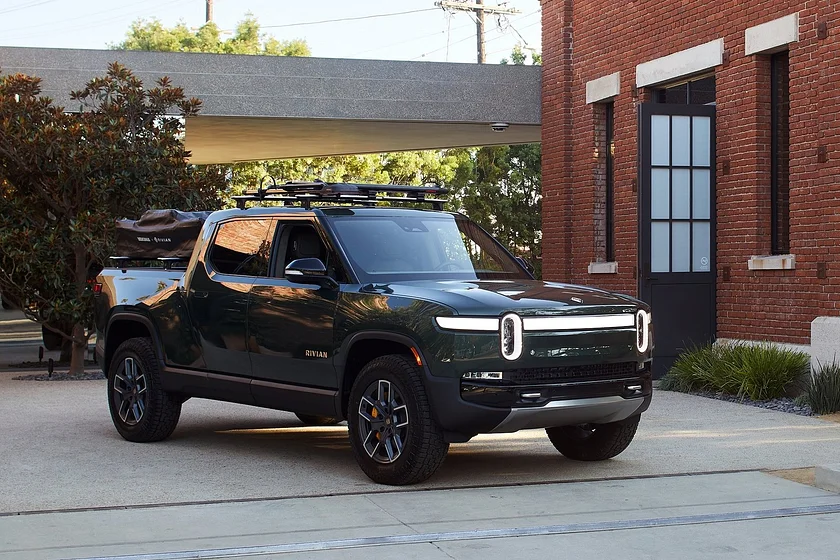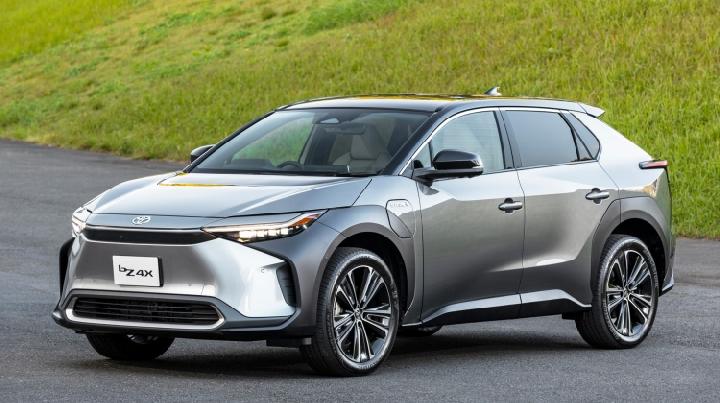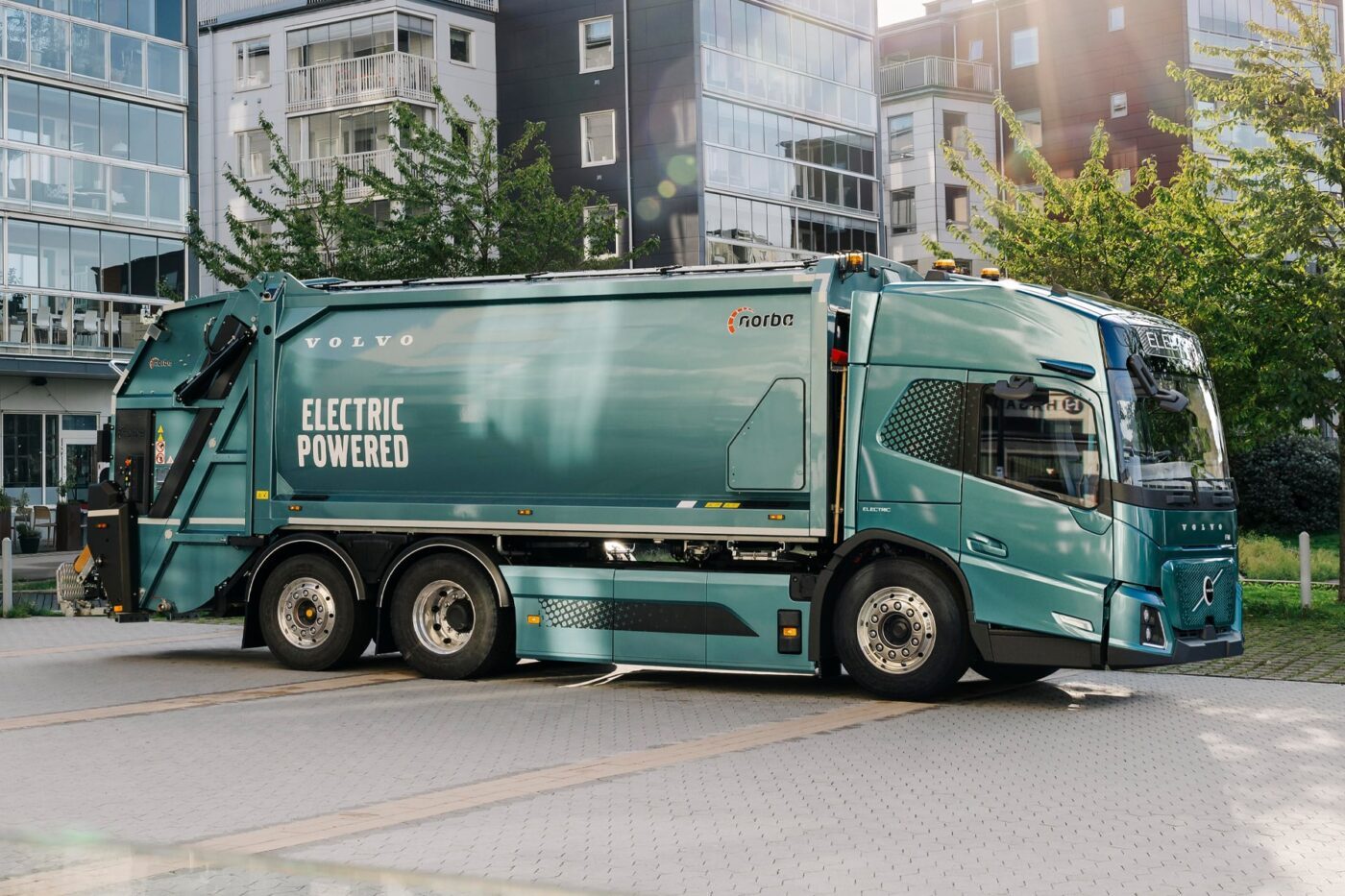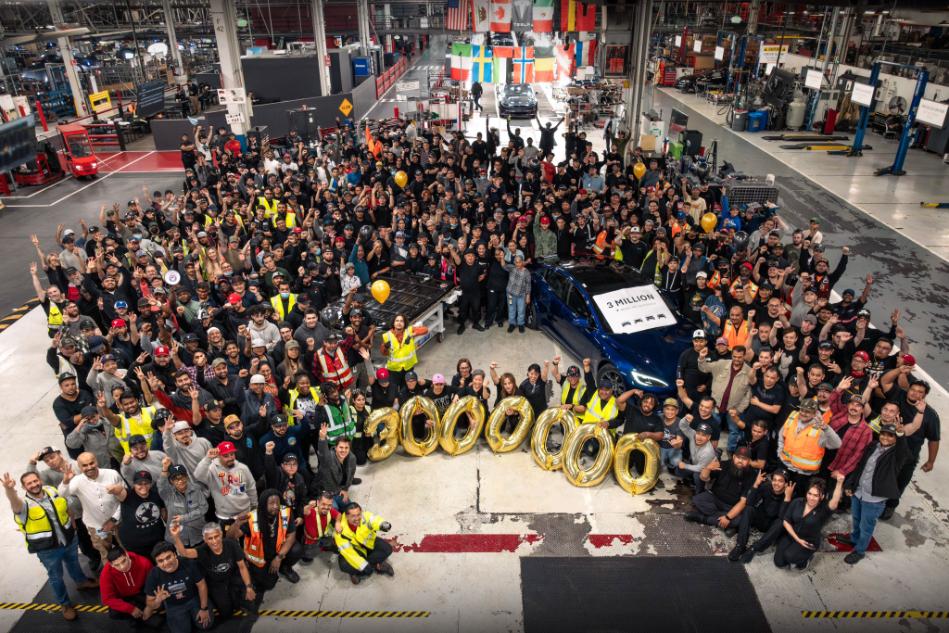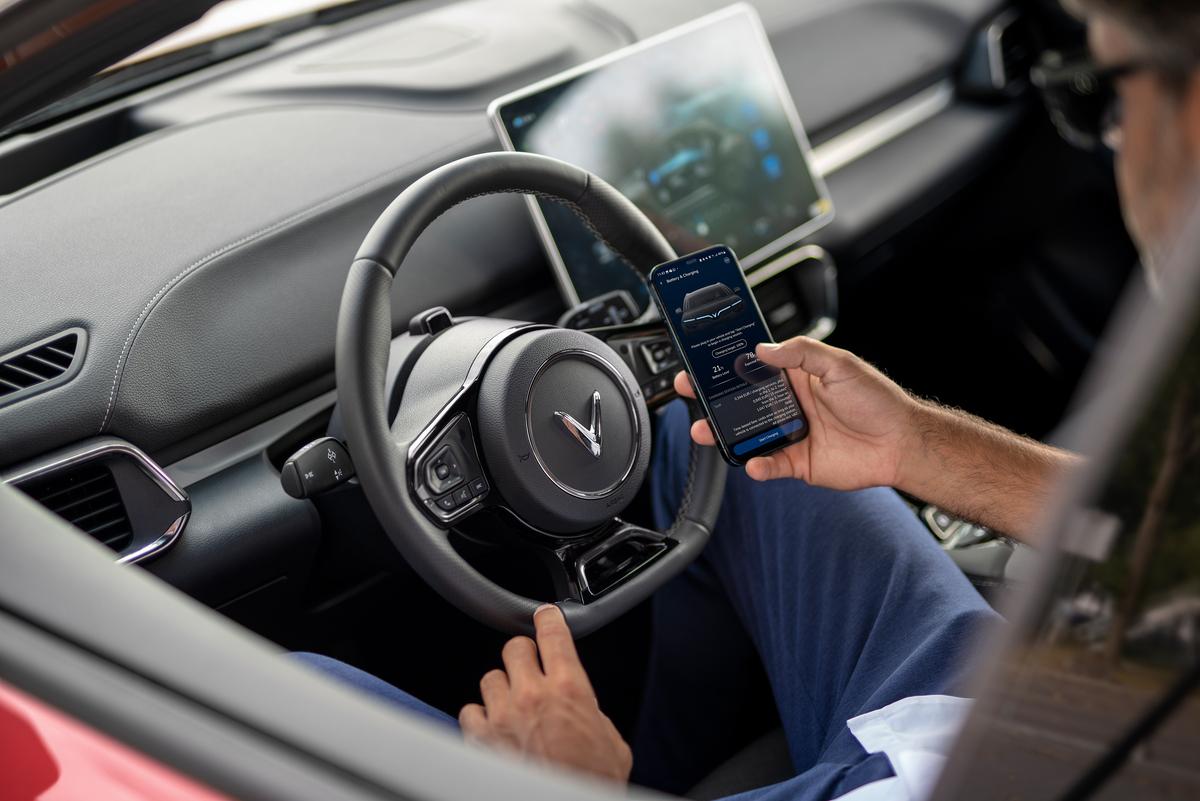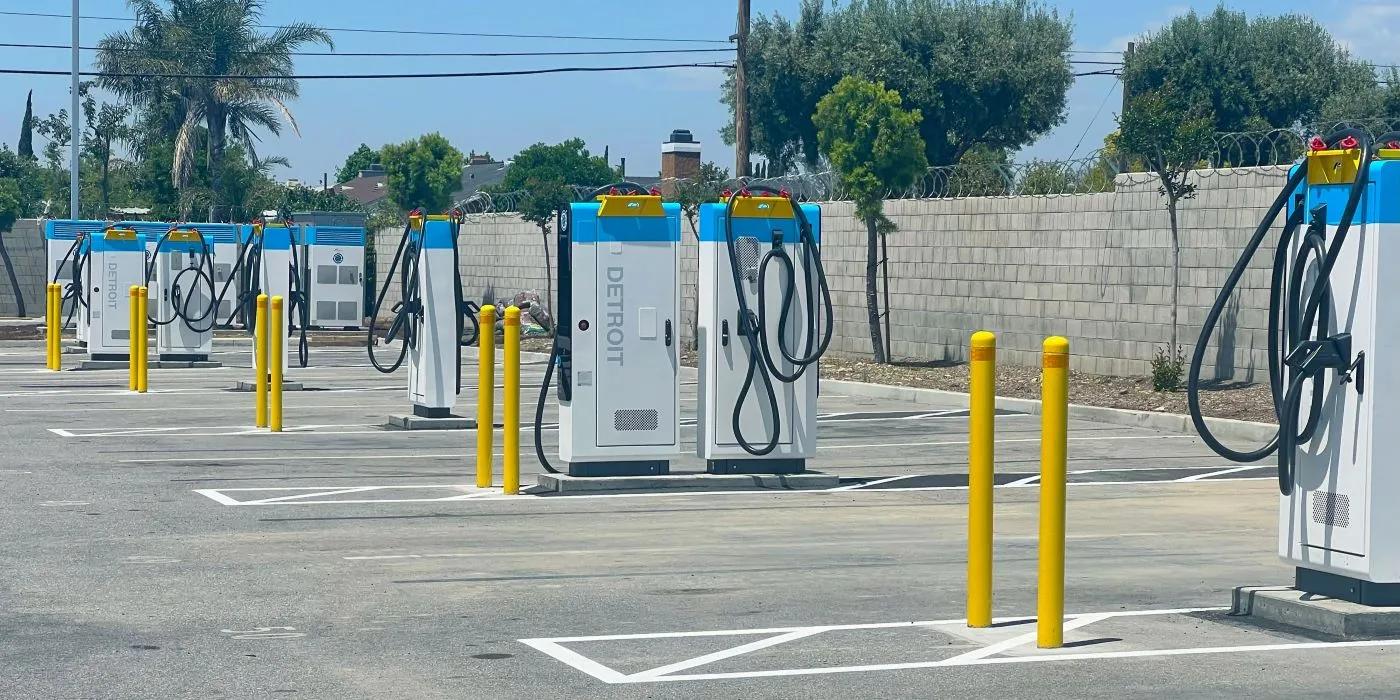The U.S. government’s announcement of stringent import restrictions targeting China, including a plan to increase tariffs on Chinese-made electric vehicles to 100 percent, has put the Korean auto industry on high alert.
According to trade statistics from the Korea International Trade Association (KITA) released on May 16, Korea’s auto parts imports in the first quarter of this year totaled US$1,665.98 million, with US$685.2 million coming from China. Germany was the second-largest importer at US$162.36 million, followed by Mexico (US$160.71 million), Japan (US$112.38 million), and Vietnam (US$106.67 million).
This year marks the first time China has surpassed the 40 percent mark (41.1 percent) in Korea’s auto parts imports. The country’s reliance on Chinese auto parts has steadily increased from 1.8 percent in 2000 to 21.1 percent in 2010 and 32.0 percent in 2020. In contrast, Korea’s reliance on Japan dropped from 45.5 percent in 2000 to 6.8 percent in the first quarter of 2024.
Industry analysts suggest that while Korean-made electric vehicles may see short-term benefits if the U.S. raises tariffs on Chinese electric vehicles, the overall impact could be minimal. Moreover, if the United States directly targets the auto parts sector, Korean companies may face significant challenges.
In response to these concerns, Hyundai and Kia conducted a thorough investigation in April of all their parts affiliates and suppliers, including Hyundai Mobis, to determine if any of their auto parts were manufactured in China.

